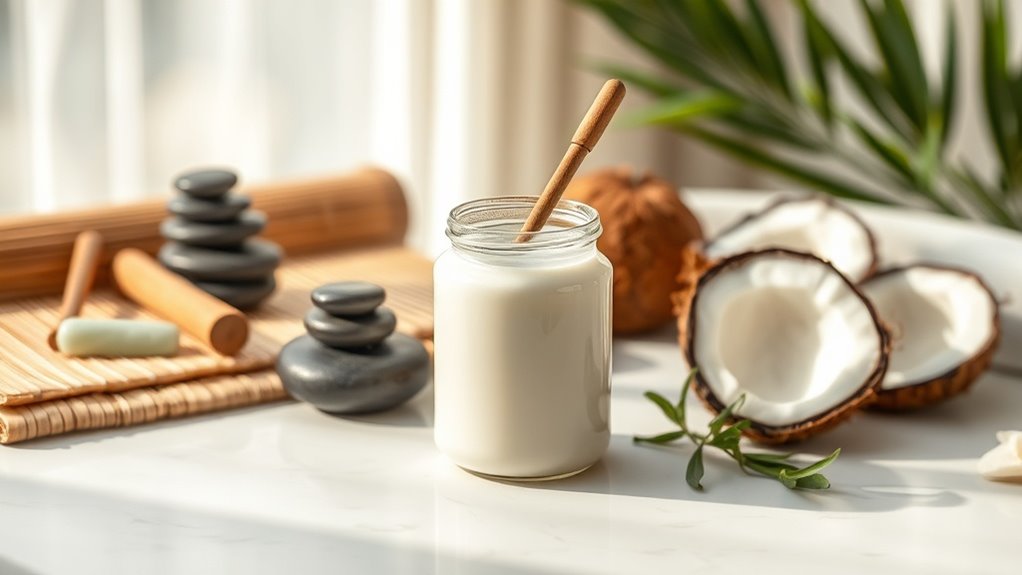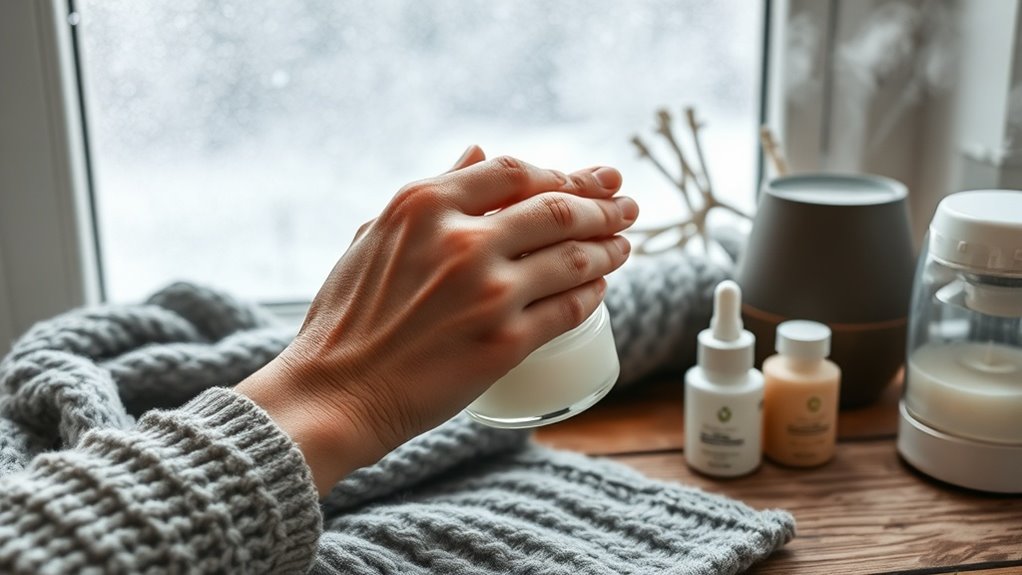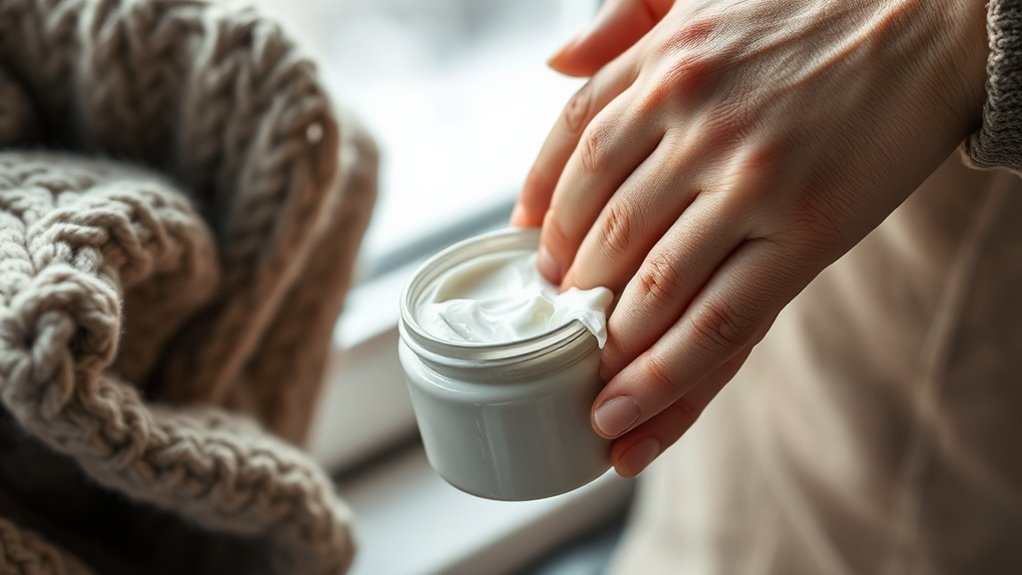Bloating and Belly Relief Hacks to Try After Dinner
Like a balloon that’s been filled beyond capacity, your stomach after dinner can feel uncomfortably distended. You’re not alone in experiencing post-meal bloating – it’s a common issue that affects up to 30% of adults regularly. While the discomfort might tempt you to lie down and wait it out, scientific evidence suggests that specific, strategic actions can provide faster relief. Understanding the root causes and proven solutions will transform how you handle these digestive challenges.
Understanding Post-Dinner Bloating Causes
Although many people experience post-dinner bloating, the underlying causes can vary considerably from person to person.
You might be dealing with excess gas production from fermentable carbohydrates, or your symptoms could stem from eating too quickly and swallowing air.
Common triggers include consuming large portions, high-sodium foods, or foods you’re sensitive to.
When searching for bloated belly remedies, it’s essential to identify your specific triggers.
Medical conditions like IBS, celiac disease, or small intestinal bacterial overgrowth can also cause post-meal bloating, so consulting a healthcare provider may be necessary for persistent symptoms.
Quick Relief Movement and Stretches
When bloating strikes after meals, specific movements and stretches can provide rapid relief by stimulating digestion and releasing trapped gas.
Research shows that targeted physical activity increases intestinal motility and reduces abdominal discomfort.
-
Forward fold pose (uttanasana) – Bend at your hips, letting your head hang down for 30-60 seconds to compress the digestive organs.
-
Cat-cow stretches – Alternate between arching and rounding your back while on hands and knees for 1-2 minutes.
-
Walking – Take a 10-15 minute gentle walk to activate the digestive muscles and encourage natural gas release.
These evidence-based movements stimulate the vagus nerve and promote healthy peristalsis. Additionally, maintaining proper hydration is essential for overall digestive health, as it helps facilitate the movement of food through the digestive tract.
Natural Herbal Remedies for Digestive Comfort
Several powerful herbs and botanicals offer evidence-based relief for digestive discomfort and bloating through their natural anti-inflammatory and carminative properties. You’ll find significant digestive benefits in ginger root, which reduces gastric inflammation and accelerates stomach emptying. Peppermint contains menthol that relaxes gastrointestinal muscles and eases spasms. Fennel seeds’ active compounds stimulate digestive enzyme production and reduce gas formation. Chamomile tea provides antispasmodic effects while calming the digestive tract. For ideal results, steep these herbs in hot water for 5-10 minutes. You can consume them as tea 2-3 times daily, particularly after meals when bloating typically occurs. Incorporating these natural remedies for ear health maintenance can provide a holistic approach to overall well-being.
Smart Drinking Habits to Reduce Bloating
Since proper hydration plays an essential role in digestive health, understanding smart drinking habits can considerably reduce bloating and improve gut function.
Research shows that timing and selection of beverages directly impact digestive comfort.
-
Consume water between meals rather than during eating to prevent diluting stomach acid and digestive enzymes.
-
Switch to room temperature beverages instead of ice-cold drinks, which can constrict digestive organs and slow metabolism.
-
Limit carbonated beverages and drink herbal teas like ginger, peppermint, or fennel that support healthy digestion. Additionally, maintaining an upright posture after meals helps to further alleviate discomfort and promotes better digestion.
Implementing these evidence-based drinking strategies can help minimize bloating and optimize your digestive wellness.
Mindful Eating Practices That Make a Difference
Although many people focus on what they eat, how they eat plays an equally important role in preventing bloating and digestive discomfort.
You’ll reduce bloating by chewing each bite 20-30 times, which helps break down food and signals proper enzyme production. Set your utensils down between bites and wait 20 seconds before the next mouthful.
Research shows that eating in a relaxed state activates your parasympathetic nervous system, optimizing digestion.
Don’t eat while standing, rushing, or during intense emotional states. Instead, sit at a table, breathe deeply, and focus on your meal’s texture, temperature, and flavor.
Lifestyle Changes for Long-Term Digestive Health
Beyond mindful eating habits, lasting digestive wellness requires strategic lifestyle modifications that extend throughout your day.
Research shows that consistent routines greatly impact gut health and reduce bloating frequency.
-
Schedule meals at consistent times to regulate your digestive system’s circadian rhythm, which studies show enhances enzyme production.
-
Maintain regular physical activity, aiming for 30 minutes daily, as movement enhances intestinal motility and reduces gas buildup.
-
Prioritize 7-9 hours of quality sleep nightly, as sleep deprivation directly affects gut microbiome balance and digestive function. Additionally, staying hydrated throughout the day supports ideal digestive health by aiding in nutrient absorption and reducing the risk of bloating.
These evidence-based lifestyle adjustments work synergistically to promote ideal digestive health and minimize discomfort.




